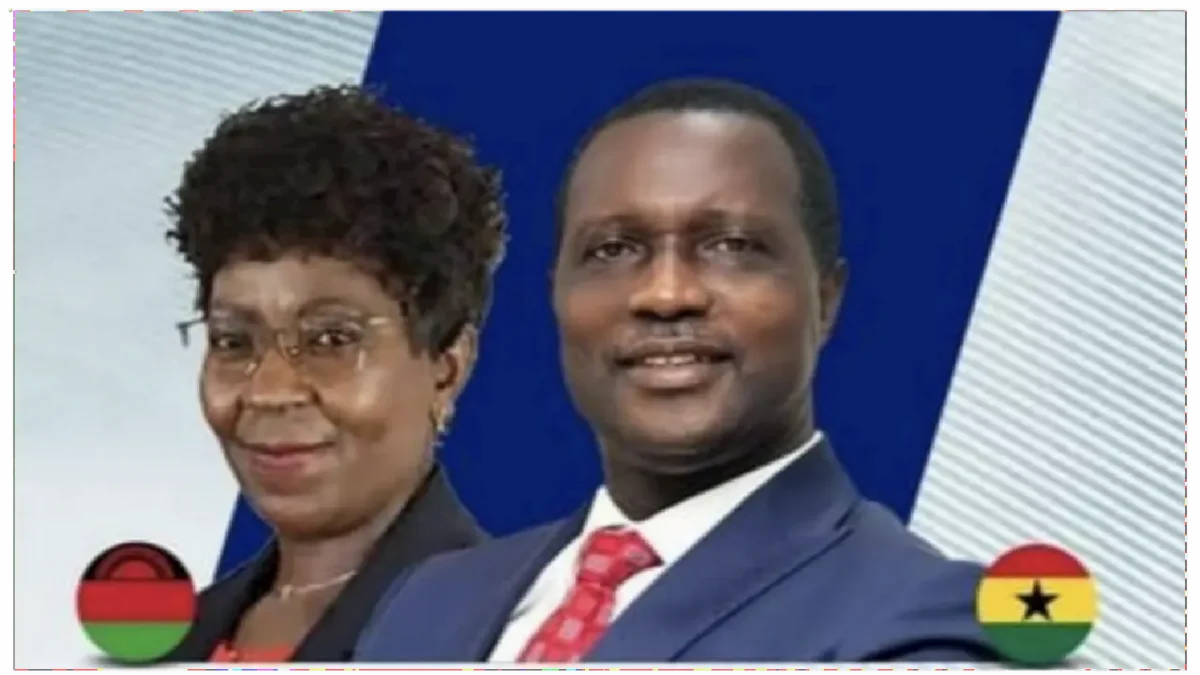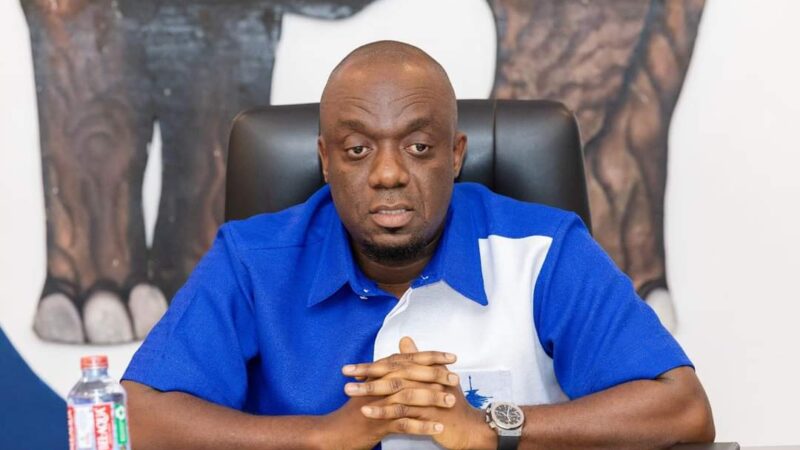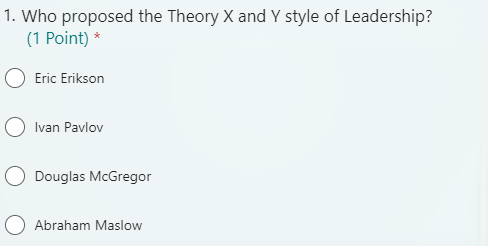The OP-ED by Minister of Education for Ghana and Malawi indicated that, June 16th marks the Day of the African Child, a day to honor the resilience and potential of Africa’s youth while addressing the pressing issues they face. This year’s theme, “Education for All Children in Africa: The Time is Now,” aligns with the African Union’s 2024 goal: “Educate an African Fit for the 21st Century.” This objective calls for building resilient education systems to increase access to inclusive, lifelong, quality, and relevant learning in Africa. According to the two ministers, transformative education for the African child hinges on the following:
Foundational Learning: The Key to Success
Foundational learning is critical for educational reform and economic development. Investing in foundational learning yields significant returns, enhancing all levels of education and fostering a skilled workforce. Africa’s children are full of potential, demonstrated by their creativity and resilience. However, nearly nine out of ten African children struggle with basic literacy and numeracy by age ten, leading to a projected $300 billion annual loss for Africa. This educational shortfall threatens individual empowerment and Africa’s growth, impacting economic progress, healthcare, social mobility, and gender equality.

Commitments and Actions
On the Day of the African Child, it’s vital to not only celebrate but also commit to their future. Interestingly, African Ministers of Education are trying to address the foundational learning crisis. Ghana aims to increase the number of students proficient by Primary 4 by 90%. Malawi is committed to boosting learning outcomes from 13% to 79% by 2030. These steps are essential to ensure every African child has the opportunity to thrive.
Assessing Progress and Challenges
Assessments of Sustainable Development Goal 4 (SDG4) and the AU Continental Education Strategy for Africa (CESA) reveal both achievements and challenges. Despite increased school enrollments and measures to provide free primary education and bridge gender gaps, many African states still face high dropout rates, poor quality education, and insufficient funding. UNESCO statistics show that significant percentages of children across various age groups are out of school in Africa, due to barriers like poverty, gender-based discrimination, violence, conflict, disability, and displacement.
Addressing Poor Quality Education
The long-term impact of poor quality education is evident as out-of-school rates increase with age. Early mastery of basic skills leads to higher retention rates and better educational outcomes. Therefore, equipping children with foundational skills between the ages of 6 and 11 is crucial.
Innovations and Strategies
African innovations such as Malawi’s 5-Strand Foundational Education Strategy (5 SaFES) and Ghana’s Differentiated Learning (DL) methodology demonstrate commitment to ensuring quality education for all. The “Teaching at the Right Level” (TARL) methodology in Zambia is another example of progress. Although African governments are leading, efforts must be accelerated by learning from one another and scaling successful initiatives.
Call to Action
As Ministers of Education for Malawi and Ghana, we urge African leaders, policymakers, and development partners to prioritize foundational learning. This involves allocating adequate resources, implementing inclusive policies, and ensuring no child is left behind. Collective efforts should focus on:
- Data-Driven Approaches: Collect and use data to inform policy, measurement, and accountability in the education sector.
- Enhanced Teacher Training: Equip teachers with the skills and resources necessary for quality education.
- Improved Educational Infrastructure: Build and maintain safe, accessible, and well-equipped schools.
- Utilizing Existing Resources: Integrate cost-efficient solutions like Structured Pedagogy and Differentiated Learning to improve learning outcomes.
- Community Engagement: Involve local communities in the educational process to ensure sustainability and relevance.
To maximize impact, stakeholders must foster collaboration, promote successful foundational learning initiatives, and scale them up for greater effectiveness. By addressing these critical areas, significant strides can be made towards achieving universal education and unlocking every African child’s potential.
The Day of the African Child serves as a powerful reminder of our collective responsibility to ensure every child receives quality education. Foundational learning is the bedrock upon which resilient education systems must be built. By investing in our children today, we are investing in Africa’s future. The time to act, commit, and transform our education systems is now!
Subscribe to gheducate.com for more credible information and updates




